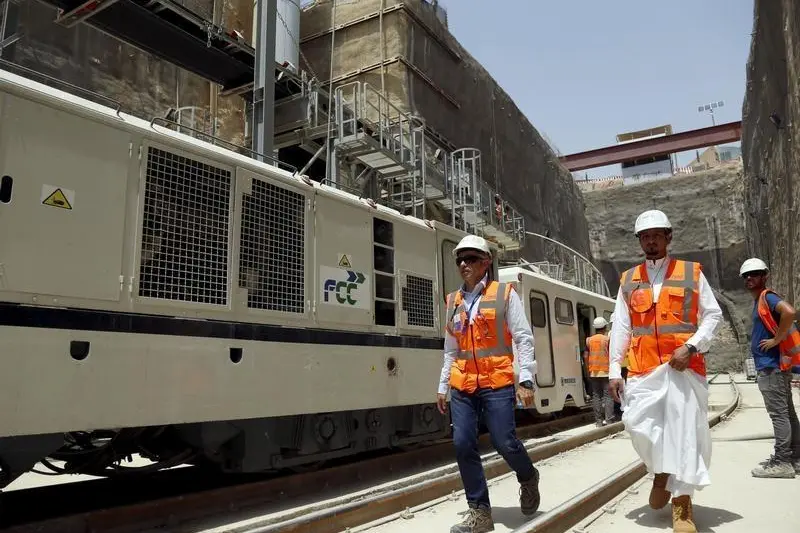PHOTO
“It will take time for people to get used to public transportation,” he says. “We planned everything in detail to make it easier for them to use.”
Walkways will be designed along the metro lines with trees and street furniture. 25 car parks will be built where people can use their cars to reach the nearest station.
The 2-car trainsets feature first class, families and singles sections to encourage all segments of society to ride the metro.
The metro trains are 100% motorized and driverless and are designed to run at a top speed of 90 km per hour.
Alstom is supplying 69 metropolis aluminum automated 2-car trainsets, its Urbalis driverless solution, telecommunications, and infrastructure for the lines 4, 5 and 6.
Asked about the benefits of driverless cars, metro product director Pierre Delpierre said the system can be accelerated much easier than calling additional drivers that will take hours especially in cases of rain or storms. In addition to being ecofriendly to the environment, they also shorten the distance and time between trains in which movement can be programmed.
Riyadh is one of the cities that does not have an existing public transport system. “In such cases, turnkey solutions are the best approach to propose a product, plan, lines, and dimensions,” he says.
Certain features make for an enhanced passenger experience, according to Samir Karroum, Middle East and Africa vice president of systems and infrastructure at Alstom.
Platform screen doors make for more safety and fluidity, he explains.
The Riyadh metro will feature a powerful air conditioning system adaptable to extreme heat.
For easier orientation, the advanced passenger information system delivers real time information to passengers through screens and loudspeakers. The interior design of the trains include high comfort seating with elements of traditional architecture inspired by the region designed by award-winning designers.
© The Saudi Gazette 2017





















